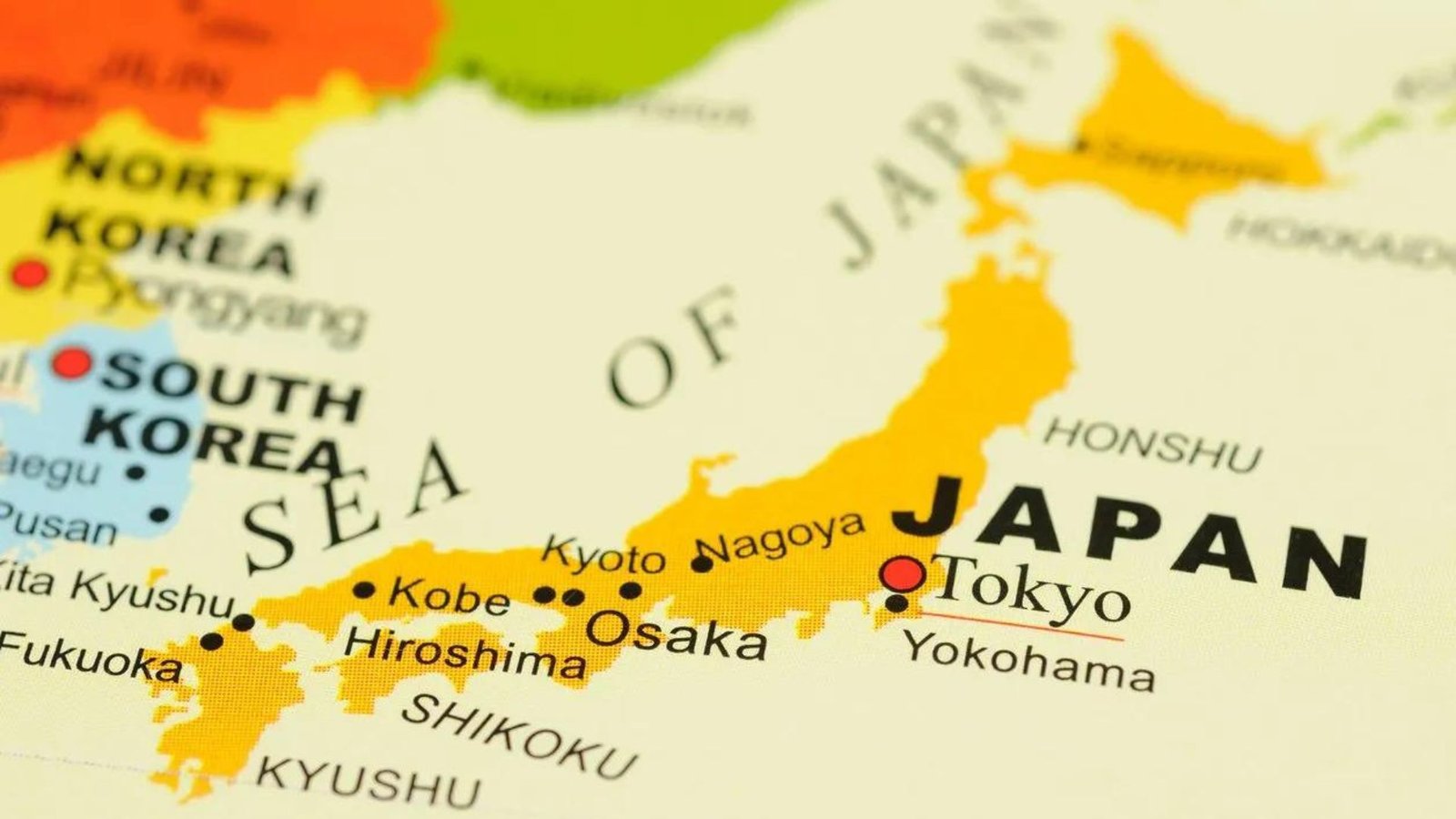Exploring the Influence of Japanese Movies on Hollywood
Japanese cinema has had a profound impact on Hollywood, shaping genres, storytelling techniques, and visual styles. From iconic filmmakers like Akira Kurosawa to the unique aesthetics of anime, the influence of Japanese movies can be seen across various facets of American film. This exploration delves into how Japanese cinema has contributed to the evolution of Hollywood.

The Legacy of Akira Kurosawa
One of the most significant influences on Hollywood from Japanese cinema is the work of Akira Kurosawa. His films, particularly Seven Samurai (1954) and Rashomon (1950), introduced storytelling techniques and narrative structures that were groundbreaking at the time.
- Remakes and Adaptations: Kurosawa’s Seven Samurai was directly adapted into the classic Western The Magnificent Seven (1960), which preserved the film’s core themes of honor and teamwork while reimagining them within the American West. Rashomon influenced countless films with its use of multiple perspectives to tell a single story, a technique seen in movies like The Usual Suspects (1995) and Gone Girl (2014).
- Visual and Directorial Style: Kurosawa’s dynamic use of weather, slow-motion, and composition has inspired directors like George Lucas and Martin Scorsese. Lucas openly cited Kurosawa’s The Hidden Fortress (1958) as a key inspiration for Star Wars (1977), particularly in its use of two lower-ranking characters as the audience’s entry point into the story.
The Impact of Japanese Horror
Japanese horror, or “J-horror,” has also left a lasting mark on Hollywood. Films like Ringu (1998) and Ju-on: The Grudge (2002) were remade into successful Hollywood hits (The Ring in 2002 and The Grudge in 2004, respectively), bringing Japanese horror’s unique approach to psychological fear and supernatural elements into the mainstream.
- Psychological Depth: Unlike many Western horror films that focus on graphic violence, J-horror tends to emphasize atmosphere, suspense, and the psychological dimensions of fear. This approach has influenced a generation of horror filmmakers in Hollywood, who have incorporated more subtle and unsettling elements into their work.
- Cultural Themes: The themes explored in J-horror, such as the intersection of technology and the supernatural, or the lingering effects of trauma, have broadened the scope of horror in Hollywood, allowing for more complex and culturally rich narratives.
The Rise of Anime and its Hollywood Adaptations
Anime, a distinct style of Japanese animation, has grown in popularity worldwide and has had a significant influence on Hollywood films, particularly in the science fiction and fantasy genres.
- Visual Style and Themes: Films like The Matrix (1999) draw heavily from the visual style and themes of anime, particularly the work of directors like Mamoru Oshii (Ghost in the Shell, 1995) and Katsuhiro Otomo (Akira, 1988). The blending of cyberpunk aesthetics with philosophical questions about identity and reality in these anime has deeply influenced Hollywood’s approach to similar themes.
- Live-Action Adaptations: Hollywood has increasingly turned to anime for inspiration, leading to live-action adaptations such as Alita: Battle Angel (2019) and Ghost in the Shell (2017). While these adaptations have had mixed success, they highlight the growing recognition of anime’s influence on global cinema.
Cross-Cultural Exchange in Filmmaking
The influence of Japanese cinema on Hollywood is also evident in the increasing collaboration between American and Japanese filmmakers. Directors like Guillermo del Toro have expressed admiration for Japanese film and incorporated its elements into their work. This cross-cultural exchange has led to a fusion of styles and ideas, enriching both Hollywood and Japanese cinema.
Conclusion
Japanese movies have had a profound and lasting impact on Hollywood, shaping the way stories are told and films are made. From the narrative innovations of Akira Kurosawa to the atmospheric tension of J-horror and the visual creativity of anime, the influence of Japanese cinema continues to resonate in Hollywood films today. This ongoing exchange of ideas between two of the world’s most influential film industries continues to push the boundaries of cinema.



